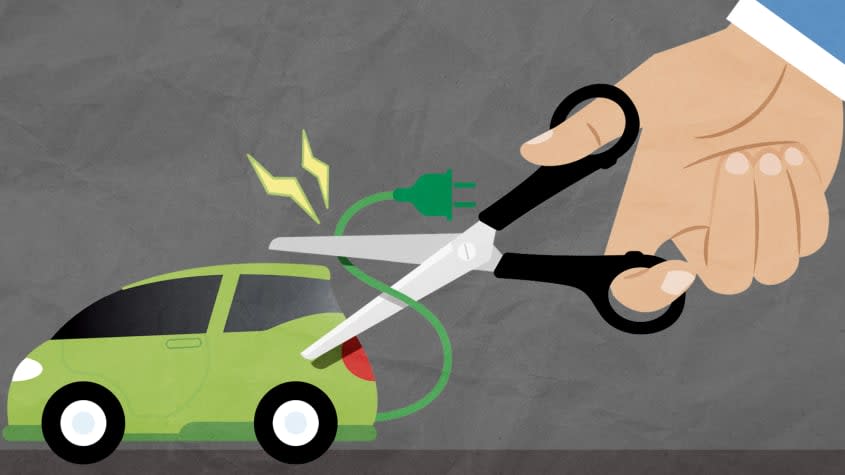Democrats are about to ruin their plan for electric cars

As Democrats frantically negotiate the shape of their social spending package with multiple deadlines and economic mayhem looming, they are reportedly considering "means-testing" some of their new programs. Progressives have long derided means-testing – phasing out benefits above a certain income threshold – as a practice that undermines social solidarity and forces the government to create expensive and confusing bureaucratic machinery. It also just so happens that the most popular and enduring programs operated by the federal government (Medicare and Social Security) aren't phased out above any income level.
Nevertheless, congressional Democrats are talking about applying means-testing to a critical climate idea: tax breaks for the purchase of electric vehicles (EVs). Today, most electric vehicles are prohibitively expensive, and consumers can only claw that up-front money back over time with existing tax credits, and reduced fuel and maintenance costs. The lack of infrastructure for charging is an additional deterrent and helps explain why just 2 percent of new vehicle sales in the U.S. are electric.
To address these problems, House Democrats proposed a tax break of up to $12,500, deducted at the point of purchase, rather than forcing buyers to wait for a tax rebate as they must with the existing EV program. But it looks like moderates hoping to decrease the price tag of the reconciliation package are set to gut this provision by imposing more stringent income thresholds for EV subsidies, lowering the income cutoff from $400,000 to $100,000.
The moderate plan fundamentally prioritizes fairness over the underlying policy aim. The wealthy, of course, don't need government support for their electric vehicle purchases. Yet the other, far more important goal is a transition away from gas-powered vehicles by whatever means are necessary. And means-testing is anathema to that project, because all but the wealthiest Americans are sensitive to prices. Yes, giving rich people a tax break to climb into a $90,000 Tesla feels unfair, but if it helps smooth the way to a world free of internal combustion engines, it is well worth it.
You may also like
Democrats are governing like Republicans
How America's shredding of international law enabled the Tigray crisis

 Yahoo Finance
Yahoo Finance 